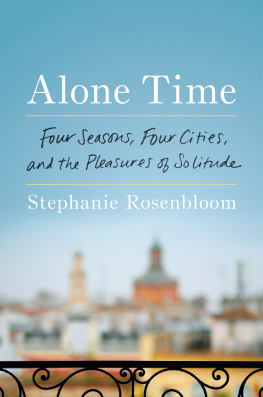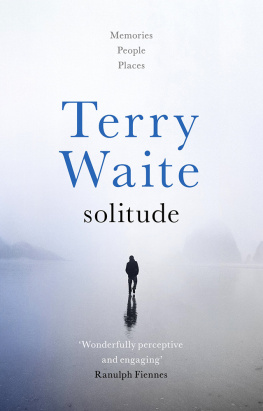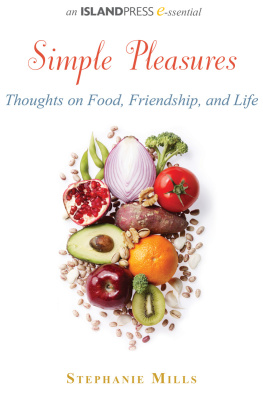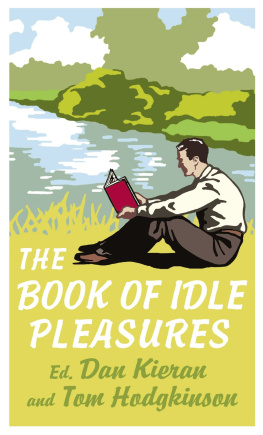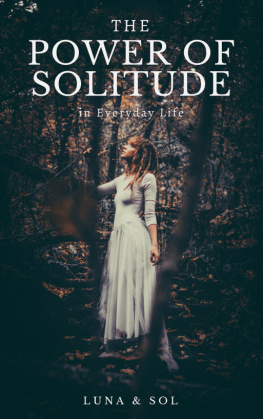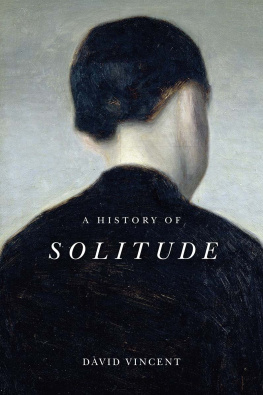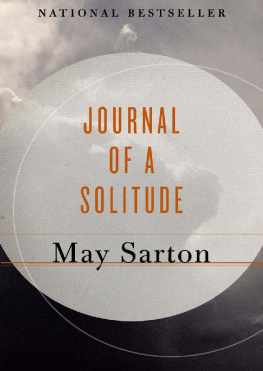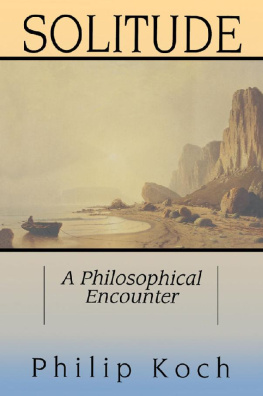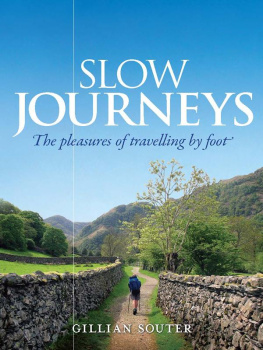Stephanie Rosenbloom - Alone Time: Four Seasons, Four Cities, and the Pleasures of Solitude
Here you can read online Stephanie Rosenbloom - Alone Time: Four Seasons, Four Cities, and the Pleasures of Solitude full text of the book (entire story) in english for free. Download pdf and epub, get meaning, cover and reviews about this ebook. year: 2018, publisher: Viking, genre: Detective and thriller. Description of the work, (preface) as well as reviews are available. Best literature library LitArk.com created for fans of good reading and offers a wide selection of genres:
Romance novel
Science fiction
Adventure
Detective
Science
History
Home and family
Prose
Art
Politics
Computer
Non-fiction
Religion
Business
Children
Humor
Choose a favorite category and find really read worthwhile books. Enjoy immersion in the world of imagination, feel the emotions of the characters or learn something new for yourself, make an fascinating discovery.
- Book:Alone Time: Four Seasons, Four Cities, and the Pleasures of Solitude
- Author:
- Publisher:Viking
- Genre:
- Year:2018
- Rating:3 / 5
- Favourites:Add to favourites
- Your mark:
Alone Time: Four Seasons, Four Cities, and the Pleasures of Solitude: summary, description and annotation
We offer to read an annotation, description, summary or preface (depends on what the author of the book "Alone Time: Four Seasons, Four Cities, and the Pleasures of Solitude" wrote himself). If you haven't found the necessary information about the book — write in the comments, we will try to find it.
In our increasingly frantic daily lives, many people are genuinely fearful of the prospect of solitude, but time alone can be both rich and restorative, especially when travelling. Through on-the-ground reporting and recounting the experiences of artists, writers, and innovators who cherished solitude, Stephanie Rosenbloom considers how being alone as a traveller--and even in ones own city--is conducive to becoming acutely aware of the sensual details of the world--patterns, textures, colors, tastes, sounds--in ways that are difficult to do in the company of others.
Alone Time is divided into four parts, each set in a different city, in a different season, in a single year. The destinations--Paris, Istanbul, Florence, New York--are all pedestrian-friendly, allowing travelers to slow down and appreciate casual pleasures instead of hurtling through museums and posting photos to Instagram. Each section spotlights a different theme associated with the joys and benefits of time alone and how it can enable people to enrich their lives--facilitating creativity, learning, self-reliance, as well as the ability to experiment and change. Rosenbloom incorporates insights from psychologists and sociologists who have studied solitude and happiness, and explores such topics as dining alone, learning to savor, discovering interests and passions, and finding or creating silent spaces. Her engaging and elegant prose makes Alone Time as warmly intimate an account as the details of a trip shared by a beloved friend--and will have its many readers eager to set off on their own solo adventures.
Stephanie Rosenbloom: author's other books
Who wrote Alone Time: Four Seasons, Four Cities, and the Pleasures of Solitude? Find out the surname, the name of the author of the book and a list of all author's works by series.

